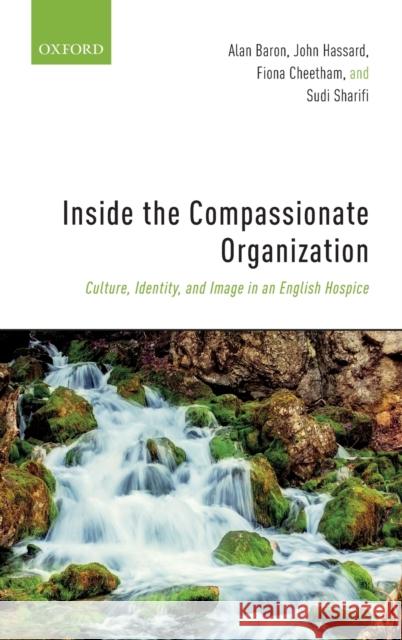Inside the Compassionate Organization: Culture, Identity, and Image in an English Hospice » książka
topmenu
Inside the Compassionate Organization: Culture, Identity, and Image in an English Hospice
ISBN-13: 9780198813958 / Angielski / Twarda / 2018 / 288 str.
Inside the Compassionate Organization: Culture, Identity, and Image in an English Hospice
ISBN-13: 9780198813958 / Angielski / Twarda / 2018 / 288 str.
cena 411,29
(netto: 391,70 VAT: 5%)
Najniższa cena z 30 dni: 396,12
(netto: 391,70 VAT: 5%)
Najniższa cena z 30 dni: 396,12
Termin realizacji zamówienia:
ok. 30 dni roboczych
Dostawa w 2026 r.
ok. 30 dni roboczych
Dostawa w 2026 r.
Darmowa dostawa!
The literature on management and organization studies suggests the time is right for a focus on 'care and compassion'. The aim of this book is to answer this call by examining the cultural changes found within a particular 'compassionate organization' - an English hospice - from its altruistic beginnings to the more professionalized culture of today.
The study seeks to understand how its members identify or fail to identify with an organization where issues of life and death take centre stage and explores some of the problems the hospice faces regarding its representation in society. These strands are then drawn together to consider the interrelationships between culture, identity, and image in the organization. An ethnographic approach, including participant observation, extended interviews, and group meetings, was used to study this organization over a period of almost two years. This enabled the production of a nuanced, sensitive, and holistic interpretation of the case study hospice as inferred from the views of both insiders and outsiders. The findings shed new light on the literature in management studies by proposing a view of culture as a sense-making context that facilitates group socialization underpinning a sense of personal and organizational identity. The study suggests a link between culture and group identification, making discussions about culture almost inseparable from those around identity. With regard to identity and image however the study suggests a dynamic and iterative relationship with a continuous flow between interpretation and reinterpretation influenced by the all-pervading cultural context.










